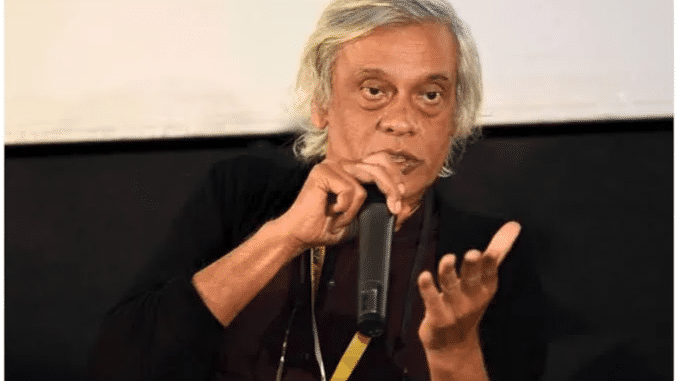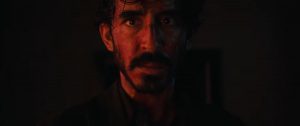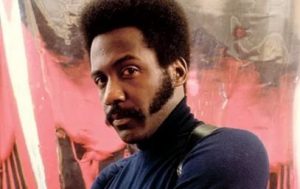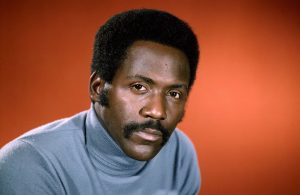Whether is his 1983 co-written film ‘Jaane Bhi Do Yaaro’ that is still considered a master class in social satire or his National Award-winning 1992 movie ‘Dharavi’ that talks about the life of migrant protagonist living in the slums of Mumbai, Sudhir Mishra’s films evoke conversations and make people think.
The same can be said about his other films such as ‘Yeh Woh Manzil Toh Nahin’’, Iss Raat Ki Subah Nahin’, ‘Main Zinda Hoon’, ‘Hazaaron Khwahishein Aisi’, and ‘Chameli’.
For someone who almost has a four-decade-long journey in the film industry, multiple National Awards, and Chevalier of the Ordre des Arts et des Lettres from the French government, Mishra says that he doesn’t believe in living in nostalgia.
“I have always tried to listen to what the world has to say, what are people saying, some signals the world is giving me and that triggers some kind of a story, or someone brings that kind of a story that connects. I have believed and strive not to live in the past or in my past success because that’s someone else who made them.
“I am not the person who made my first film or made ‘Hazaaron …’ because I am not the same person today, we all keep evolving with time, so I have to constantly react to my times and If one day I find that I have nothing else to say or there is no story to tell, I will stop telling them.
He is now gearing up to touch on another important subject of Immigrants through his next association with ‘UNFREEDOM’ director Raj Amit Kumar’s next film ‘Brown’ as an executive producer.
When asked why this subject is important, he told Opoyi, “As someone rightly said, in life, all of us are immigrants in a way, we all immigrants in terms of ideas, we migrate from traditional idea to new ideas, we migrate to new places. I am a migrant from UP to Mumbai, living here for the longest time.”
“You discover yourself again when you move, so in one sense migrant’s life may be tragic and lonely and one sense it is an opportunity to reinvent yourself. I find it a very interesting thing. I don’t think there is any other way to make films except independent; I mean what is the point in making formula films. One interesting formula film is BATMAN because Christopher Nolan has personalized it in a way. That’s the reason why I got attached to BROWN,” he said.
He added Raj is one of the very few interesting minds he has met in recent times and his film BROWN is very thought-provoking
“As it highlights the real-time experiences of an immigrant,an outsider, which I believe is an important aspect to be showcased via cinema,” said Mishra and added, “I also believe one should make a film that stems from within which will eventually be great peace of work.”
Kumar’s ‘UNFREEDOM’ was banned by the Indian government but went on to receive notoriety and critical acclaim from critics and festivals around the world and now ‘BROWN’ is his second socially complicated story that strives to discuss another kind of human issue.
“Independent filmmaking is very lonely, but I am glad to see directors like Raj and new generations joining the trend. It just ensures exposure to more exciting cinema,” said Mishra.
Kumar and his team are currently running a Kickstarter fund-raising campaign that would help the team with post-production work. The film has already been shot and Kumar is appealing to Indie film lovers to go to www.brownthemovie.com and Pledge a Reward.
Mishra further says that on one hand restrictions will always curb ideas for example “we have been fighting against censorship for a long time and will continue to fight for the films we want to make.”
“On the other hand, I think it’s difficult to curb those that have the itch to tell their own stories. I think it’s time for people to stand up and take chances. It will be tough but you can’t expect life to always be convenient and non-problematic. It’s not only for us but for everyone,” he said.
He says that earlier there was the government, there was a marketplace and now there is everybody else.
“Now anybody can object, you live in a time of outrage where people think they have a right to stop somebody from saying what he does. There is no problem in somebody expressing outrage against me but going to somebody’s set and create some problem, be physical and raise fatwa is wrong. Unfortunately, we live in a nation of outrage, that’s what it is,” said Mishra.
For someone who has seen the industry grow so closely, how did you sail through the changes that the industry has seen over the period including digital adaptation too?
“I don’t think there has been a change in the various ways of storytelling, it is just that the technology is new. Technologies help to open up your imagination. Like today you can edit within the frame. You are not limited; you can do a lot more.
“Few Ideas that existed in your head before are now doable thanks to technology. For instance, you could not have thousands of people in a rally, but today thanks to technology we can do it. Some of the technology is fascinating,” he said.
However, he counts some restrictions too.
“But it also has its limitations, too much freedom, too much convenience that leads to a lack of discipline. One has so many choices that it can get confusing. However, I feel there are still old tried and tested rules of storytelling that are applied even today,” said the maker.
Other than ‘BROWN’, Mishra is also doing a lot of work for the OTT platform
“I am working for a series and also working on a thriller both for Applause entertainment, making a film for Anubhav Sinha So workwise I have a lot of projects going on,” he said.







